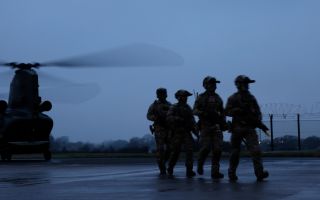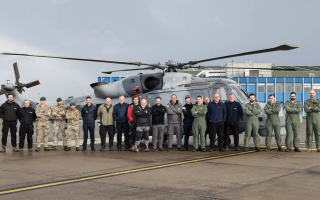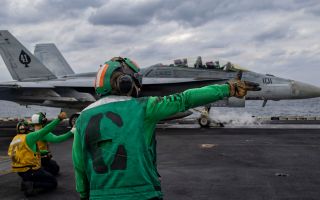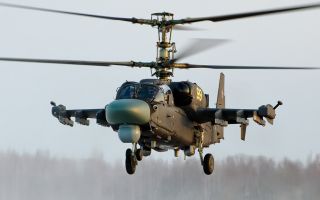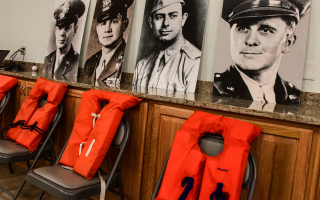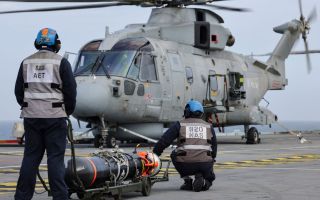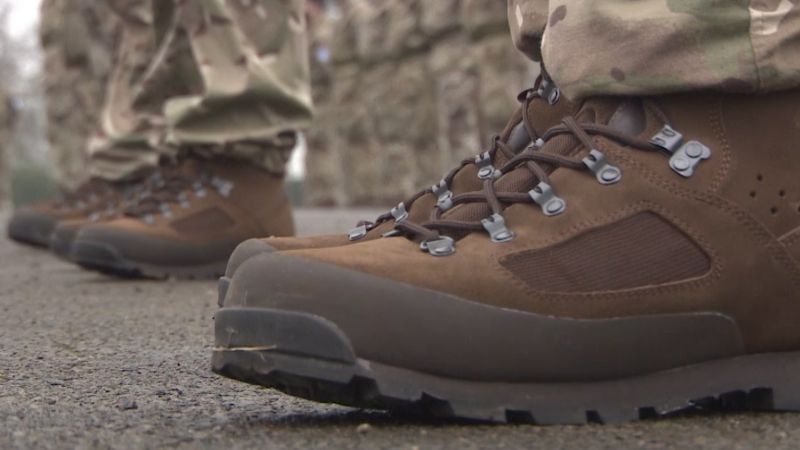
Military 'enjoyed dealing with real casualties' rather than training exercises during previous ambulance strike

Britain's military enjoyed covering a previous ambulance strike "because it had real casualties to deal with", according to the health secretary at the time.
Lord Clarke of Nottingham made his comments as hundreds of troops are on stand-by to cover for ambulance crews, firefighters and Border Force staff as ministers prepare for a wave of strikes across public services in the run-up to Christmas.
The Tory grandee also warned against the Government intervening in industrial disputes, in the face of opposition calls, arguing it encouraged support for future walkouts.
The Cabinet Office said about 2,000 military personnel, civil servants and other volunteers from across government have been training as part of the Government's contingency planning.
As well as ambulance staff, nurses in the NHS are due to hold two days of strikes this month while junior doctors are also set to be balloted on industrial action.
Speaking at Westminster, Lord Clarke pointed to the ambulance strike from September 1989 to February 1990 in a dispute over pay, during his time as secretary of state at the Department of Health.
"The military actually enjoyed the experience because it had real casualties to deal with instead of the pretend ones used in paramedic training," he said.
"The military then had more paramedic training than the civilian ambulance drivers in the NHS.
"Is not our recollection of the 1960s and 1970s that, if the Government intervened in every strike to ensure that some improved offer was made above what the employers wished to make, it made every strike seem successful and encouraged people to vote for more strike action in the succeeding round?
"Whatever happens this year, and we hope we can resolve these issues, we must not return to the old wage-price spiral that was so destructive in those days."
There is also expected to be widespread disruption to transport in the run-up to Christmas with further rail strikes.
Meanwhile, the Fire Brigades Union is balloting members and industrial action is continuing at the Royal Mail.

